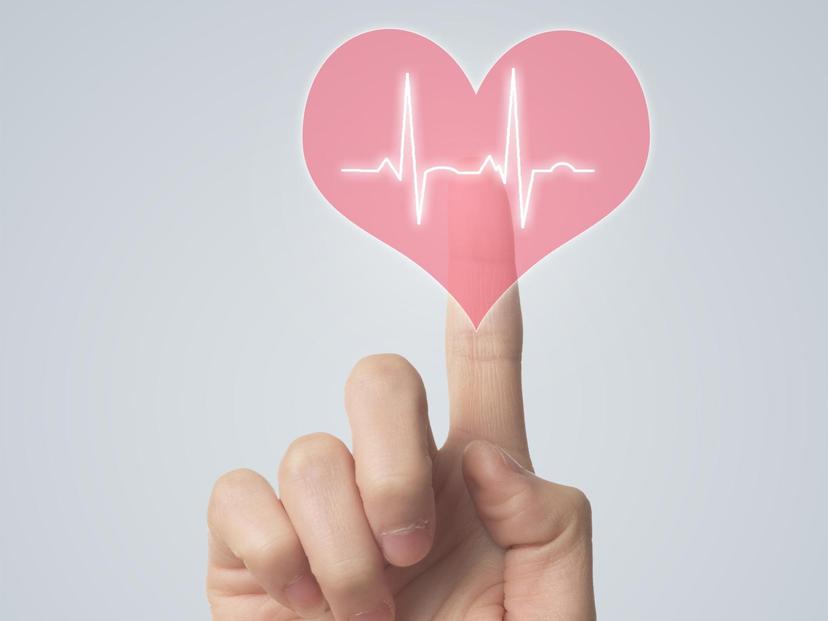11 сентября 2023
How Stress Affects the Body


11 сентября 2023
How Stress Affects the Body
__The muscular system.__ When you're under stress, your muscles tense up, just like when you're under physical strain. Tension leads to muscle and headaches and is especially felt in the neck, upper extremities and lower back. Diseases of the musculoskeletal system are aggravated.
__Cardiovascular system.__ Stress hormones including [adrenaline](https://ul.orna.me/KOge/librarybiomarker?id=381), noradrenaline and [cortisol](https://ul.orna.me/KOge/librarybiomarker?id=1081) contribute to the narrowing of blood vessels, so that more oxygen goes to the muscles. But at the same time, this causes blood pressure to rise, which makes the heart work harder. This increases the risk of hypertension, heart attacks, arrhythmias, and heart attacks.
__Respiratory system.__ Under the influence of [stress](https://ul.orna.me/KOge/librarydisease?id=19) breathing speeds up, which allows faster delivery of oxygenated blood to all systems and organs. If a person already has breathing problems — for example,[asthma](https://ul.orna.me/KOge/librarydisease?id=177) or chronic bronchitis — stress can aggravate the condition.
__Central nervous system.__ The hypothalamus triggers the reaction to stress. Thanks to it, adrenaline and cortisol are released, mobilizing all systems and organs. But if the source of stress doesn't disappear, the constant activation of the nervous system has a negative effect on the entire body.
__Digestive system.__ During stress, the liver ===increases the production of glucose, which gives the body energy. However, with constant stress the body can't adjust to constant sugar spikes. This often leads to the development of type 2 [diabetes](https://ul.orna.me/KOge/librarydisease?id=43). Also, people under stress often complain of nausea, vomiting, [diarrhea](https://ul.orna.me/KOge/librarydisease?id=197) or constipation. Stress increases the risk of acid reflux and worsens gastritis and ulcers.
__Reproductive system.__ People under chronic stress often complain of decreased or lost libido. In men, stress causes a decrease in testosterone production and may cause erectile dysfunction; in women, it causes menstrual irregularities and exacerbates menopausal symptoms.
__Immune system.__ Short-term stress stimulates the immune system, which makes people recover faster and become less ill. But if it drags on, increased activity of adrenal hormones depresses the action of immune system cells, which slows healing of injuries and opens the gates to viral infections.
__Depression.__ Of course, chronic stress leads to exhaustion and depression. Problems with sleep and appetite, increased irritability, guilt, feelings of worthlessness and suicidal thoughts appear.
## Where to start to cope with stress
You can minimize the effects of prolonged stress. Sleep at least eight hours, exercise, watch your diet, and avoid stimulants. Meditation and yoga as well as companionship and a positive attitude will help. If you feel that you cannot cope with stress on your own, contact a psychotherapist.













